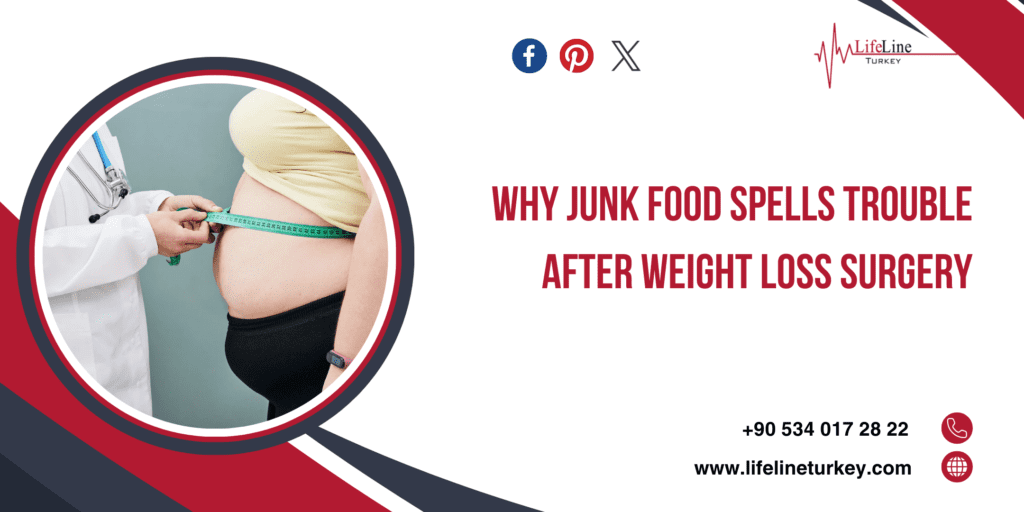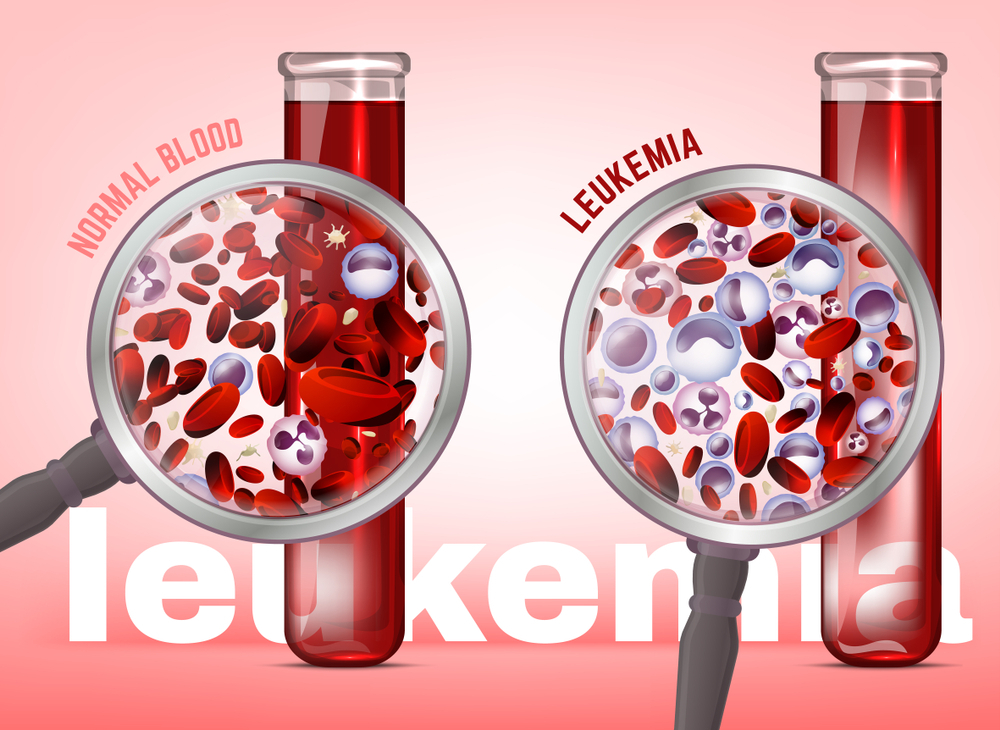After obesity surgery in Turkey, embarking on a healthier lifestyle is commendable. However, the road to sustained well-being entails more than surgical procedures alone; it necessitates a comprehensive approach to nutrition and lifestyle choices. One of the most challenging aspects is resisting the allure of junk food, as it poses a severe threat to the positive changes brought about by weight-loss surgery. In this in-depth exploration, we unravel the critical aspects of post-surgery dietary habits. We elucidate why avoiding junk food emerges as a linchpin for long-term success.
Understanding Obesity Surgery
“Obesity surgery” refers to a set of surgical procedures designed to help individuals who are severely overweight or obese achieve significant and sustained weight loss. This type of surgery is also commonly known as bariatric surgery. The primary goal of obesity surgery is to reduce the size of the stomach or modify the digestive tract, changing how the body absorbs and processes nutrients. These surgeries are typically considered for individuals with a body mass index (BMI) of 40 or higher or a BMI of 35 or higher with obesity-related health issues.
The Benefits of Avoiding Junk Food After Weight Loss Surgery
Nutritional Needs Post-Surgery
After weight-loss surgery, the body undergoes a profound transformation that necessitates a meticulous approach to nutrition. Junk food, characterized by its high calorie content, excessive sugars, and unhealthy fats, fails to align with the nutritional requirements for post-surgery recovery and ongoing maintenance. Essential vitamins and minerals are often lacking in these processed, empty-calorie foods, depriving the body of the necessary building blocks for healing and sustained well-being.
Limited Stomach Capacity
The surgical alteration of stomach size is a defining feature of weight-loss procedures. Individuals must prioritize nutrient-dense, whole foods with a reduced stomach capacity to meet their dietary needs within these constrained portions. Junk food undermines the goal of optimizing nutrition within the limited space available by being calorically dense and nutritionally deficient. Consuming empty-calorie junk foods may satisfy cravings briefly but fails to provide the sustained nourishment required for overall health.
Blood Sugar Fluctuations
Junk foods, notorious for their high content of refined sugars and simple carbohydrates, pose a significant threat to post-surgery stability in blood sugar levels. The rapid spikes and subsequent crashes associated with these foods can lead to increased hunger, intensified cravings, and energy fluctuations. For individuals who have undergone weight loss surgery in Turkey, maintaining stable blood sugar levels is beneficial for sustained energy and crucial for avoiding the negative consequences of erratic glucose levels on overall health.
Risk of Dumping Syndrome
Certain weight-loss surgeries, such as gastric bypass, introduce the risk of dumping syndrome – a physiological reaction to the rapid transit of food into the small intestine. Junk food, exceptionally high in sugars and fats, can trigger this syndrome, resulting in symptoms like nausea, sweating, and abdominal cramping. Steering clear of junk food becomes a vital aspect of post-surgery life to prevent the discomfort and potential health complications associated with dumping syndrome.
Maintaining Sustainable Habits
Weight loss after surgery isn’t just about shedding pounds; it’s about establishing sustainable, lifelong habits. Junk food, with its addictive qualities and lack of nutritional value, threatens the development of these habits. Nutrient-dense foods support post-surgery recovery and ensure the long-term success of weight-loss efforts by fostering a positive relationship with food.
Psychological Impact
Post-surgery, individuals may grapple with emotional eating and food cravings. Junk food often serves as a quick source of comfort, offering temporary relief from emotional stress. However, relying on such foods can hinder the development of a healthier relationship with food, perpetuating emotional eating patterns. Choosing nutrient-rich alternatives helps address emotional eating from a more sustainable and nourishing perspective, fostering a positive mental outlook during the weight loss journey. Breaking free from the reliance on junk food becomes a physical necessity and a crucial step towards a more balanced and fulfilling emotional connection with food.
Making Informed Choices: Crafting an Optimal Post-Surgery Nutrition Plan
Embracing Wholesome Foods: Nourishing from Within
The cornerstone of a post-weight-loss surgery diet should revolve around nutrient-dense whole foods. These include various fruits, vegetables, lean proteins, and whole grains. We ardently advocate cultivating a colorful, varied plate to ensure a comprehensive intake of nutrients necessary for post-surgery recovery and overall well-being.
Hydration Matters: Quenching the Thirst for Success
Hydration plays a pivotal role in the success of obesity surgery. Opting for water over sugary beverages is not just a suggestion but a fundamental necessity, as excessive sugar intake can lead to complications, undermining the surgery’s effectiveness. We recommend a minimum of eight glasses of water daily to support hydration and aid digestion.
Building Healthy Habits for the Long Run
Mindful Eating Practices: Savoring Every Bite
In the hustle and bustle of daily life, it’s easy to overlook the significance of mindful eating. We encourage adopting practices such as chewing food thoroughly, savoring each bite, and avoiding distractions during meals. These habits enhance digestion and contribute to a healthier relationship with food.
Regular Exercise: The Dynamic Duo
Pairing a nutritious diet with regular exercise is the golden ticket to sustained weight loss post-surgery. Physical activity not only aids in shedding excess pounds but also boosts mood, energy levels, and overall well-being. We fervently advocate for a tailored exercise plan, considering individual capabilities and restrictions.
Consult Lifeline Turkey to Maintain a Healthy Lifestyle Post-Surgery
In the aftermath of Bariatric Surgery, the dietary landscape has transformed significantly, demanding a conscious effort to prioritize health and nutrition. Junk food, with its detrimental effects on physical well-being and psychological resilience, stands as a formidable obstacle to post-surgery success.
Embracing a diet centered on nutrient-dense foods and cultivating a positive relationship with eating becomes paramount for a thriving, sustained weight loss journey. At Lifeline Turkey, our surgeon suggests that breaking up with junk food is a pivotal step for the physical health and holistic well-being of individuals reclaiming their lives after Bariatric Surgery in Turkey.



